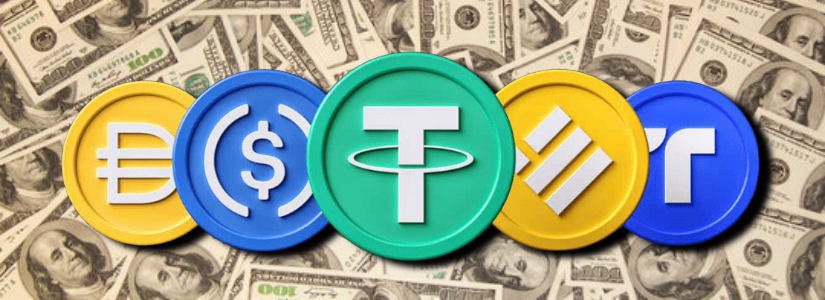TL;DR
- Ripple, Circle, and BitGo are moving to secure national trust bank charters in the U.S., aiming to integrate crypto deeper into mainstream banking.
- This could simplify operations by removing the need for state-by-state licensing.
- Confidence is high that the current administration will support clearer, pro-innovation regulation that brings digital assets closer to everyday finance.
Major crypto companies are ramping up efforts to blend digital assets with America’s banking backbone. Ripple, a leader in cross-border payments, stablecoin issuer Circle, and custodian BitGo have all filed for trust bank status. If they succeed, they’ll be able to safeguard assets and process payments under federal supervision, offering reassurance to investors who still see crypto as high-risk.
Unlike traditional banks, national trust banks can’t issue loans or accept deposits from regular consumers. They do, however, offer custody and payment services that are crucial for bringing stablecoins and other digital assets closer to daily use. Circle believes a federal trust bank license will help its stablecoin, USDC, move more freely across states, boosting adoption for payments and trading.
Confidence Grows With Supportive Signals
One big reason these firms are optimistic is the positive stance from the current administration. There’s a sense that clearer rules and open doors will replace the stricter attitude seen previously. Kraken, for example, is rolling out debit and credit cards but prefers partnerships over a full trust charter, showing that firms see multiple paths to expand banking-like services.
Fresh stablecoin legislation now in discussion could anchor tokens like USDC to U.S. Treasuries, making them stronger as payment tools. Ripple is going further by applying for a master account at the Federal Reserve, which would give it direct access to hold stablecoin reserves, a rare move in the crypto space.

Fintechs Join The Banking Shift
Beyond Ripple, Circle, and BitGo, players like Revolut and Robinhood want to mix crypto trading with everyday banking features to attract U.S. customers. Traditional banks are watching closely too. If regulators move quickly, crypto and banking could soon stand side by side, opening more doors for digital finance to thrive.
This evolution could also help millions of people access cheaper cross-border payments and faster settlement options without needing outdated systems that slow down innovation and increase costs for users who want modern financial solutions built around blockchain technology. The coming years will likely show if these bold moves inspire even more firms to follow this path and reshape finance for good.










